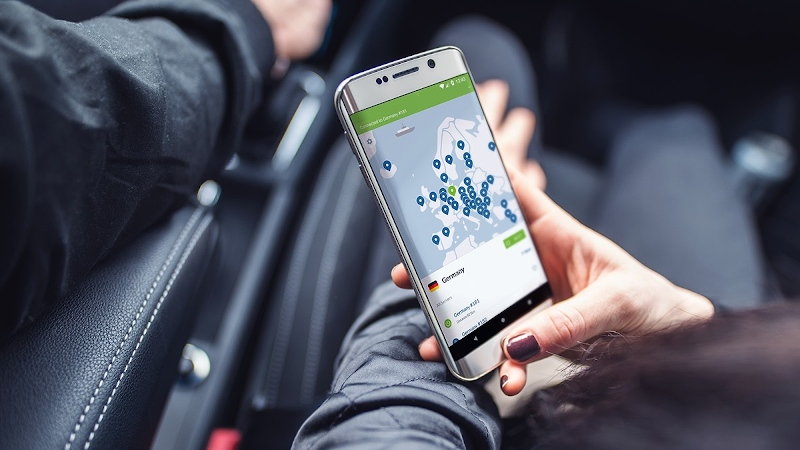Everywhere you look these days, there are people busy on their smartphones. This revolutionary invention has completely changed the way we see and interact with the world around us. Spending so much time on a smartphone leads to having a lot of personal information on it. And that’s why smartphones need to be protected.

How To Make Your Smartphone More Secure
There are many different ways to protect your device now, so you shouldn’t have an excuse not to stay protected. Of course, different operating systems, such as Android and iOS, have various security measures. But they all use the same ideas and technologies. You must take advantage of the available security and protect yourself as much as necessary.
1. Utilize Locks and Passwords
Every smartphone available these days is going to come with some form of lock and password to secure it for the end-user. Some lock screens will get you to draw some simple patterns. But these are not secure enough. Criminals can figure your pattern in a couple of minutes.
The best thing to use is a complicated password or PIN. Make sure that you can remember it, though. Gone are the days of simple passwords to access accounts, you must make sure it is complicated enough, and no one will be able to guess it right.
2. Make Use of Biometrics
Along with the regular locks and passwords, newer phones can take advantage of biometric authentication technology. A lot of the time, it will rely on a fingerprint, as everyone’s fingerprint is unique to them. There will be a sensor that takes a detailed image of your print and compares it against your real finger when trying to unlock the phone.
There are other forms of biometric security, as well — for example, voice recognition and different forms of eye authentication. Your retinas and iris’ are unique, like your fingerprints. So they are also a great way to verify it is you using your smartphone.
3. Enable SIM Card Lock
If you have locked down your phone with great passwords and biometrics, there is still some vulnerability to take care of. You can set up what is called a SIM card lock. It locks your phone until you enter the right password and PIN. What’s the catch? The phone stays locked if someone removes the SIM card. It is a small step, but it can give you peace of mind if you ever lose your phone.
4. Use a VPN
Virtual private networks aren’t only for home PCs anymore. You can use VPNs on the go as well. A VPN is going to ensure that your IP address and online activities are hidden from the public and anyone who may be doing some snooping.
The basic premise is it disguises your IP address and makes it look like you are connecting to the internet from somewhere else. Information you submit online is also secure because of encryption that virtual private networks hide your activities with.
5. Check All Settings
When you first get a new smartphone, always check the security settings. There are many different options that you can look at. But some particular ones to watch are location and geotagging. Unless it is necessary, it is always a good idea to have location turned off, as that will pinpoint you using GPS.
Geotagging is the process of stamping your location information to any pictures or videos that you may take. They may be standard practice, but it is always better to switch them off in your settings for some privacy. Having your location on a picture or video online could be asking for trouble.
6. Check App Permissions
Your phone comes preinstalled with lots of different applications. Over time you install many more of your own. And most apps will ask for certain access permissions before initializing. But that doesn’t mean you always have to grant them. Go through your apps and only allow permissions they need to function. The fewer apps and their developers have access to, the better.
Be Smart With Your Smartphone
Cybercrime is no joke. Hacks happen every minute. Cybercriminals steal identities, sabotage databases, and cause mass damage. It can happen to anyone. That is why it is pertinent to secure your smartphone.
Software solutions have some great out-of-the-box security features, but it is on you to make sure you beef those up. You never know what can happen with your personal information if you are not careful. Step up your security screenings and keep your phone locked down.

Leave a Reply